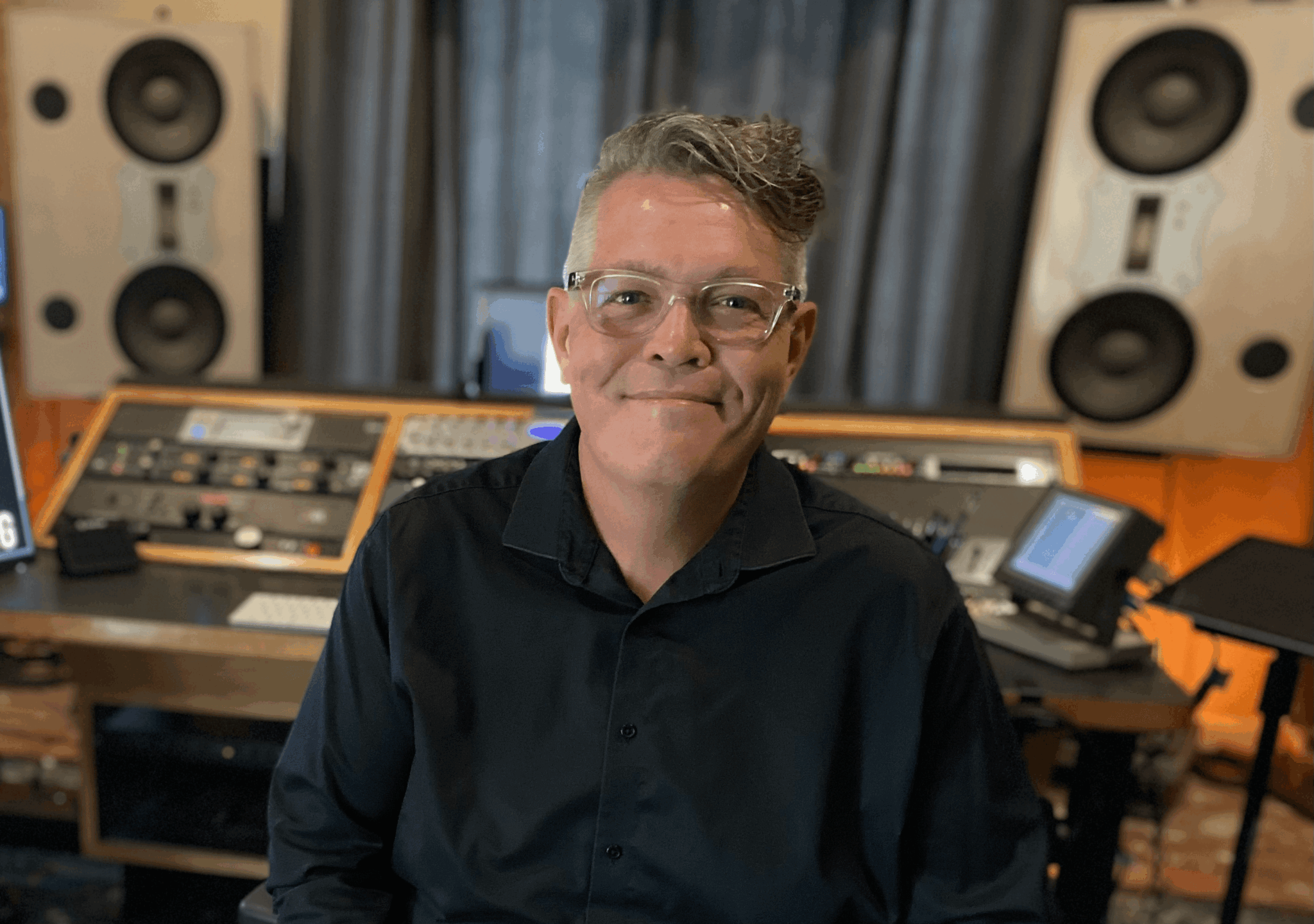We were lucky to catch up with Harold LaRue recently and have shared our conversation below.
Harold, thanks for joining us, excited to have you contributing your stories and insights. What’s been the most meaningful project you’ve worked on?
The last few years have seen several really memorable projects hit my desk. Notably, two albums from late jazz icon, Wayne Shorter (Miles Davis, Weather Report). ‘Live At The Detroit Jazz Festival’ (Candid Records), which won a 2022 Grammy Award, and 2024’s ‘Celebration, Volume 1’ (Blue Note Records). It was a great pleasure and honor to work on these projects and I am so grateful. 2021’s ‘Moogmentum’ album (Behind The Sky Music), from modern synthesizer artist and composer, Lisa Bella Donna, also stands out as a favorite. Lisa is a dear friend and this album is a fundraiser for The Bob Moog Foundation and their amazing ‘Moogseum’ in Ashland, NC. Dr. Robert Moog was the inventor of the first commercial synthesizer, which debuted in 1964.
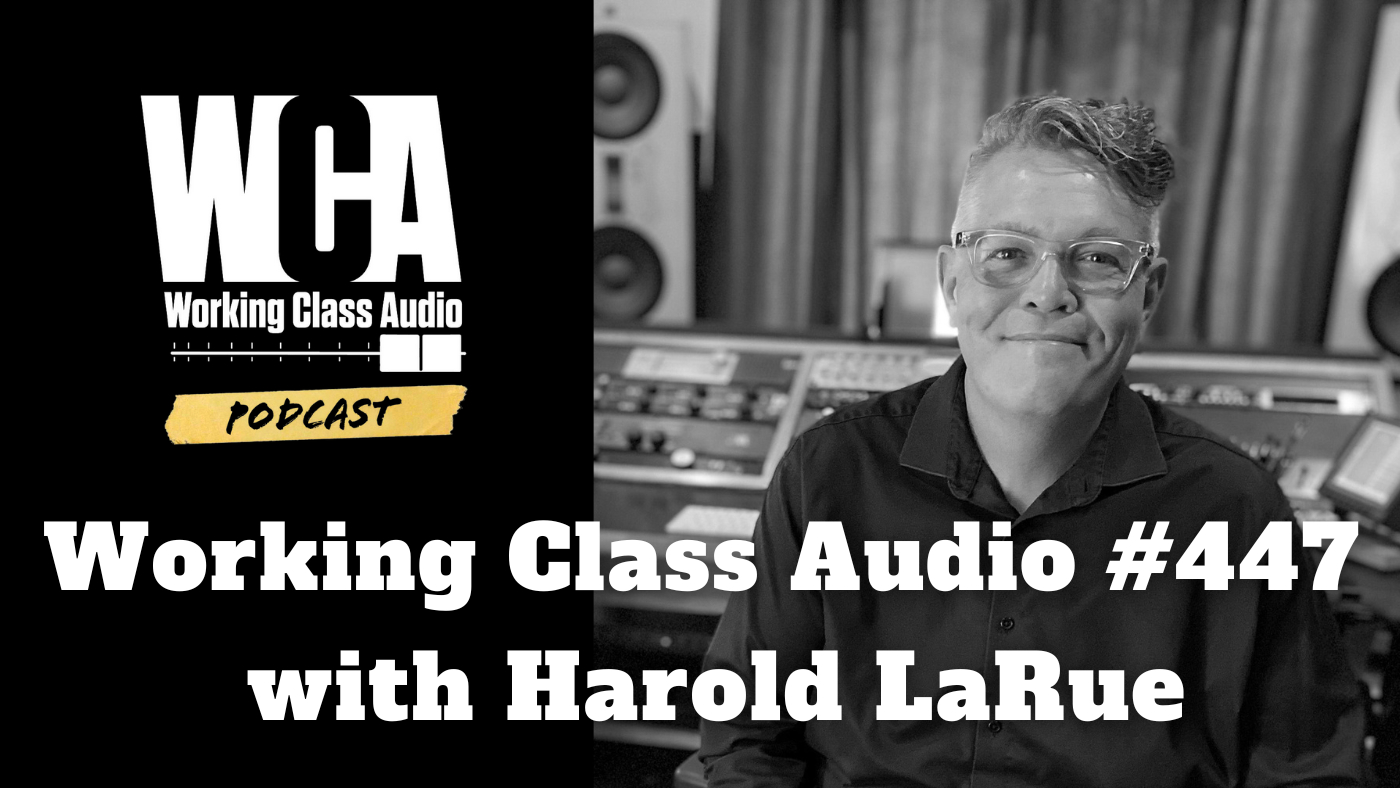
As always, we appreciate you sharing your insights and we’ve got a few more questions for you, but before we get to all of that can you take a minute to introduce yourself and give our readers some of your back background and context?
As a mastering engineer, my work blends a love for music and technology. When a song or album is completed, I review and correct any technical issues before release, while making sure that the artist’s creative vision and goals are met. An album may consist of songs written and recorded months or years apart, with a variety of musicians, studios, producers, and engineers. Each song will have its own character and vibe, but must live together harmoniously on an album. Creating this continuity is one of the more challenging and satisfying aspects of my job.
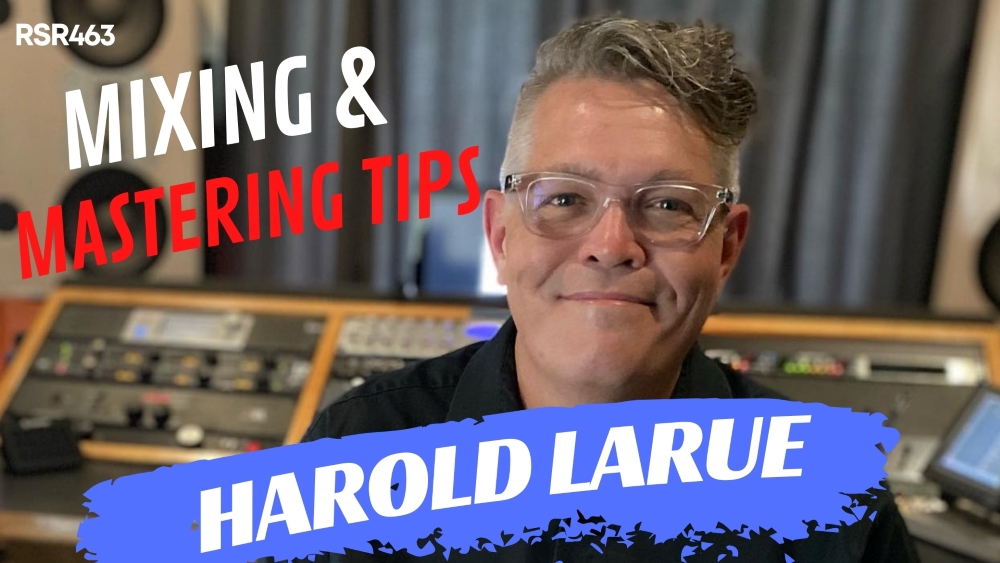
Any stories or insights that might help us understand how you’ve built such a strong reputation?
The music industry is full of creative people who channel their energy into something for us to experience, enjoy, and be inspired by. It shares many of the same challenges as traditional businesses, including scheduling, manufacturing, and marketing. Like engineers in almost any field, we must remember that is a service-oriented job. People come to us with budgets, timelines, and technical requirements that must be met. I believe that my reputation has been built upon remaining focused on the client’s needs, while understanding that this is more than just a ‘product’ being created, but someone’s art.
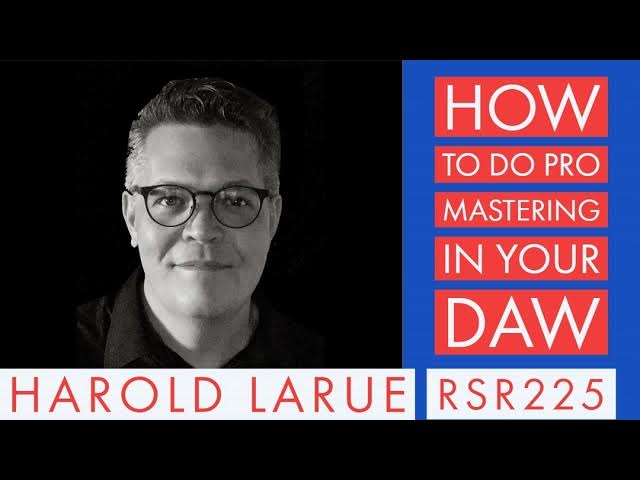
How about pivoting – can you share the story of a time you’ve had to pivot?
Early in my career, I was focused on my love for recording and producing music, which requires relationships with a lot of artists and some sort of recording environment, whether it be a commercial studio or a home-based setup. When my wife changed her career focus, from being an independent restaurateur to working for large commercial clients, we moved frequently, living in Ohio, Oklahoma, Seattle, and Louisville, before planting our flag in Houston in 2019.
It was difficult to build relationships with local artists and recording studios while moving so often, sometimes only a few months later. Mastering made more sense, since projects could be received from anywhere in the world, via the Internet, and only a modest-sized room in the house was required for the listening space. This was much more practical to set up and tear down than a typical recording space and I came to enjoy the work even more.
Contact Info:
- Website: https://haroldlaruemastering.com/
- Instagram: https://www.instagram.com/haroldlaruemastering/
- Linkedin: https://www.linkedin.com/in/haroldlarue/
- Twitter: https://web-cdn.bsky.app/profile/haroldlaruemastering.com
- Youtube: https://www.youtube.com/playlist?list=PL3YNn6vylUPkH4Its-SIOtx5nRT-3IjZ6
- Soundcloud: https://open.spotify.com/playlist/58TfiVHWwU5CSfNoamAErb
- Other: https://recordingstudiorockstars.com/rsr463-harold-larue-mixing-mastering-tips-for-home-studios/


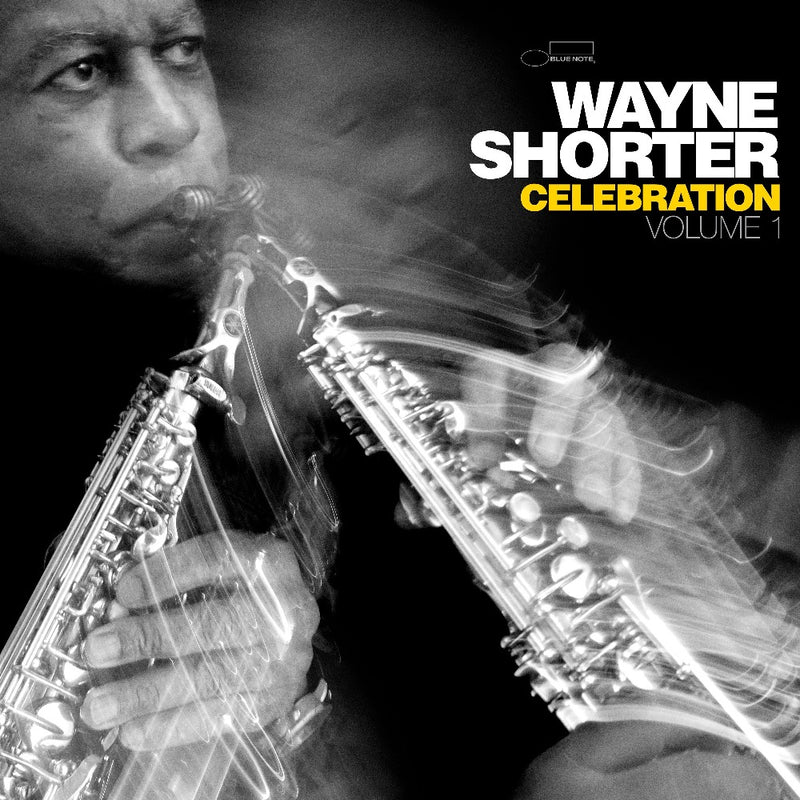
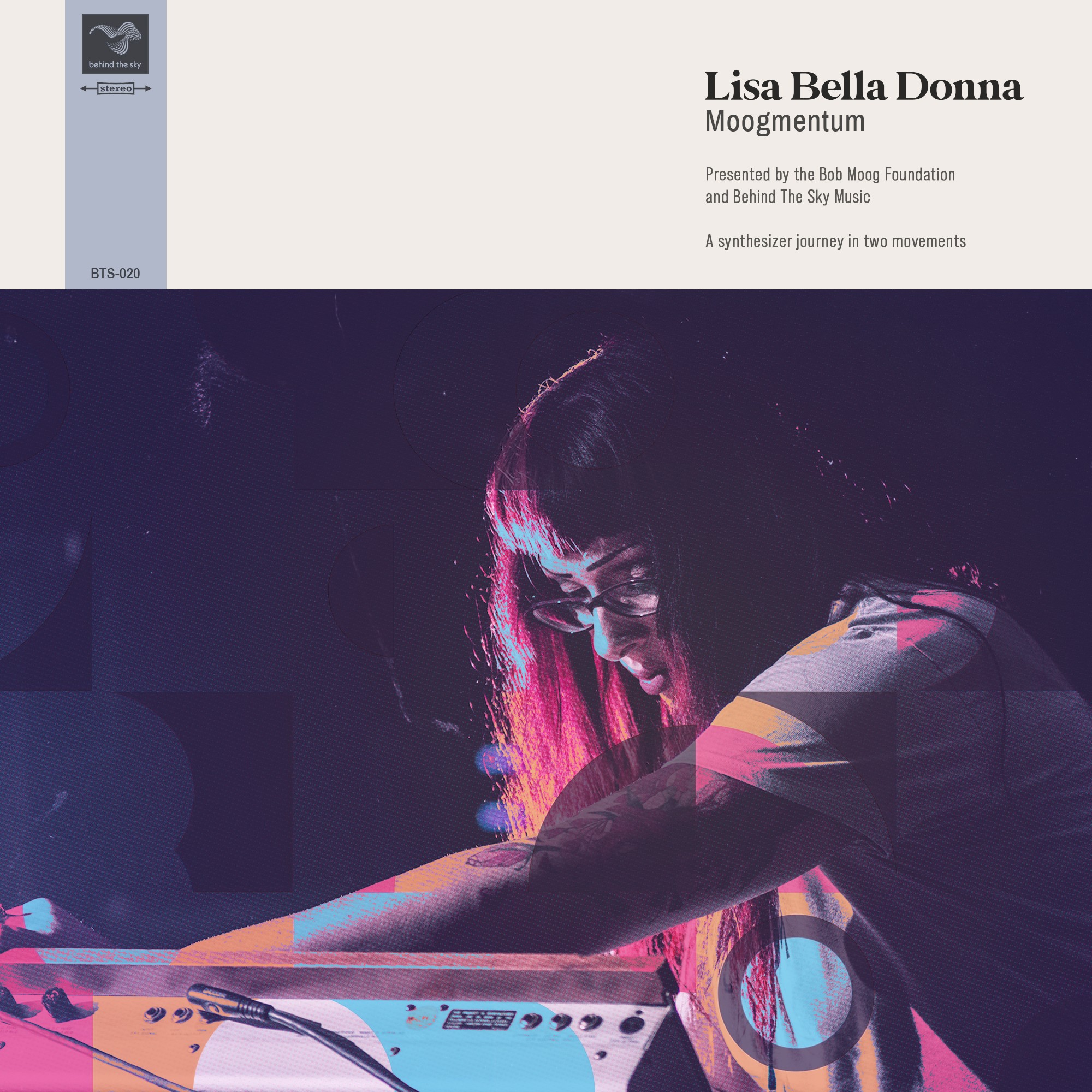
Image Credits
Elizabeth Lessner


